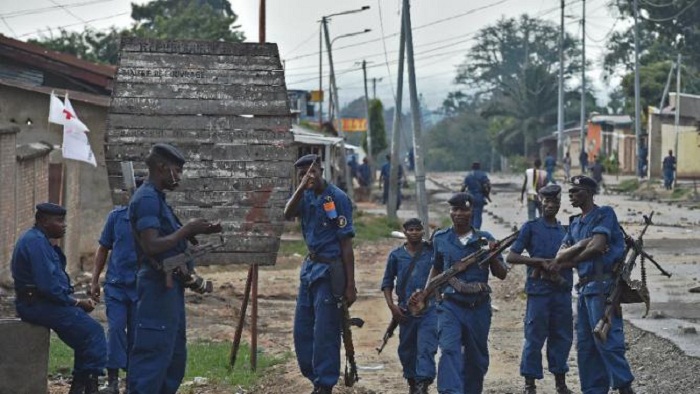Burundi descended into bloodshed in April when President Pierre Nkurunziza announced his intention to run for a controversial third term, which he went on to win in July.
AU security council chief Smail Chergui said there was "a very clear message coming out of the ongoing PSC meeting: the killings in Burundi must stop immediately."
Ministers were briefed on the AU`s military capabilities of its regional East African Standby Force for its "possible" deployment to Burundi, without giving further details.
On Wednesday, UN Secretary-General Ban Ki-moon warned that Burundi "is on the brink of a civil war that risks engulfing the entire region."
AU rights investigators this week returned from a fact-finding mission to Burundi, expressing "great concern" over an "escalation of violence" after witnessing some of the heaviest fighting in the troubled country for months.
The AU team said they had reports of "arbitrary killings and targeted assassinations" as well as arrests, detentions and torture.
Investigators were in the capital Bujumbura last Friday, where they witnessed the "eruption of major exchanges of gunfire, explosions and shootings" during a coordinated attack on three military bases, two of them inside the city.
Since April, hundreds of people have died and more than 200,000 have left for neighbouring countries.
Months of street protests in Burundi have spiralled into regular armed attacks with gunfire disrupting the nights and dead bodies appearing on city streets almost every day.
Attacks targeting the security forces have escalated, with rebels armed with assault rifles, rocket-propelled grenades and mortars attacking police convoys and targeting government installations.
Nkurunziza is an ex-rebel and born-again Christian who believes he has divine backing to rule
More about:
















































